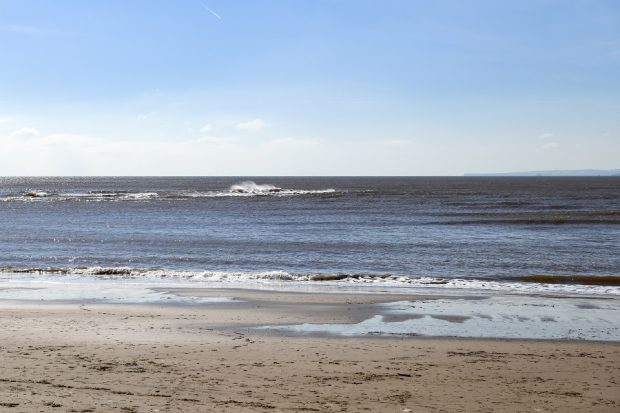 There have been inaccurate reports this morning about the UK being ranked last in Europe for bathing water quality in 2020.
There have been inaccurate reports this morning about the UK being ranked last in Europe for bathing water quality in 2020.
It is not the case that water quality at bathing sites has suddenly declined. Rather, due to lockdown restrictions the Environment Agency had to pause water sampling for much of the 2020 season to adhere with social distancing and to protect the safety of field, office and laboratory staff. Bathing waters in England were therefore not classified in 2020.
Bathing water quality in England is high, with major improvements seen in recent years. In the early 1990s, for example, just 28% of bathing waters met the highest standards in force at that time. Based on data from 2019, 98.3% of bathing waters now meet the minimum standard, with 93% reaching the highest standards of Excellent or Good.
Monitoring of bathing water sites resumed as normal this year.
A Government spokesperson said:
The quality of bathing waters in England has improved significantly in the last 20 years. The latest data from 2019 shows that that 72% achieved the highest standard of Excellent, while 98.3% passed the minimum standard.
Visitors to coastal and inland swimming spots have over 400 bathing waters to choose from and can find out more information of the Environment Agency’s ‘Swimfo’ website.
A Water UK spokesperson said:
Water companies are proud of their record on bathing water with great strides made over the last 20 years. In 2019, the last time data was available, a record 93% of English bathing waters were classified as either Good or Excellent.
The artificial placement of the UK in this table reflects the absence of data from 70% of sites due to Covid restrictions, rather than actual performance. In reality the improvement in our bathing waters is a significant success story and the sector is going even further with a record £5billion being spent on environmental improvements between 2020 and 2025.
2 comments
Comment by Ray Walton posted on
Don't agree....Hence, why UK rivers now 'fail' chemical and water quality standards mainly due to the EA/DEFRA hierarchy ‘deliberately and continuously’ lowering standards, changing monitoring formats to suit/cover up their failings and by moving the pollution goalposts...outwards, to tick their own boxes. Nothing's ever changed since privatisation in 1989 and it has got worse. It all ends up in the Sea and on Beaches. Untreated Raw Sewage is also directly discharged into the sea.... all authorised and permitted by the EA. What about the disease contamination and infection risks(including Covid-19 and its variants) to the public and all river and sea users. Surely, you have a 'Duty of Care' regarding public 'Heath and Safety'. from discharged untreated Raw Sewage, which you yourselves authorise and permit?
Comment by John Baxter posted on
As we all know, the solution to pollution is dilution.......Thank God we are an island!.
Europe used to set the standard on water quality for 40 years when we were EU members and I always felt that was a bit of a joke, as Europe,according to information we were delivered, was one of the worst polluters for years. If waste could not economically be dumped or incinerated out in the North Sea, remember the Vulcanus,it was shipped overseas which included the U.K.
Real time sampling and monitoring of waste in the watercourses and surrounding seas would reduce significantly the waste monitoring done by humans and would allow real time responses to incidents.......maybe that is where the large amounts of capital should be spent!.